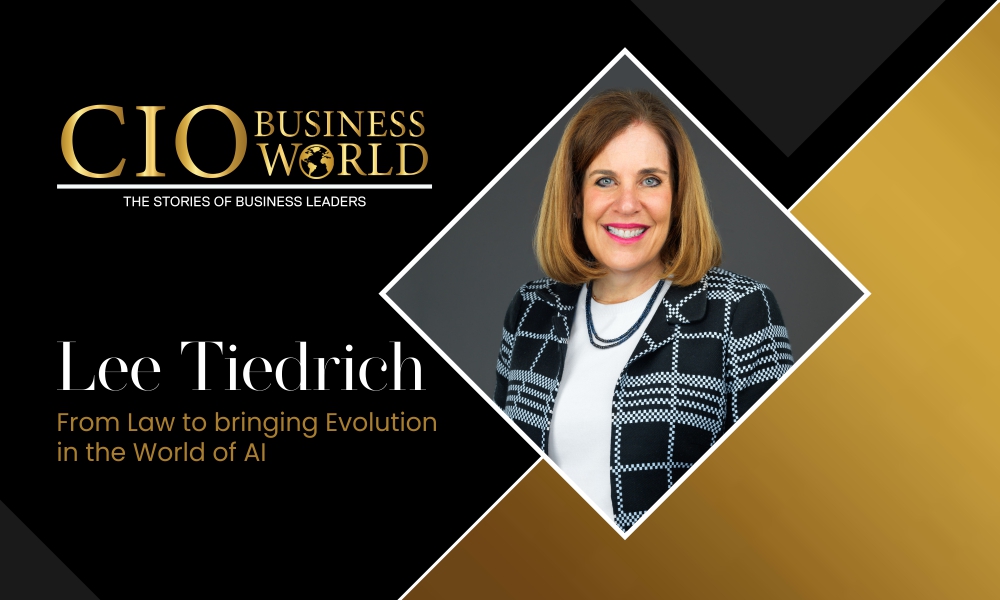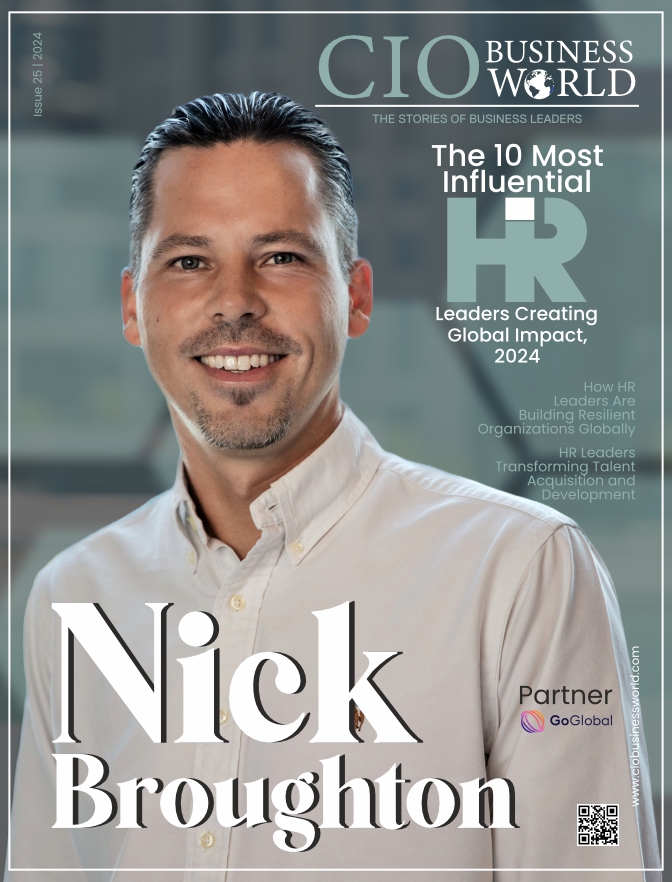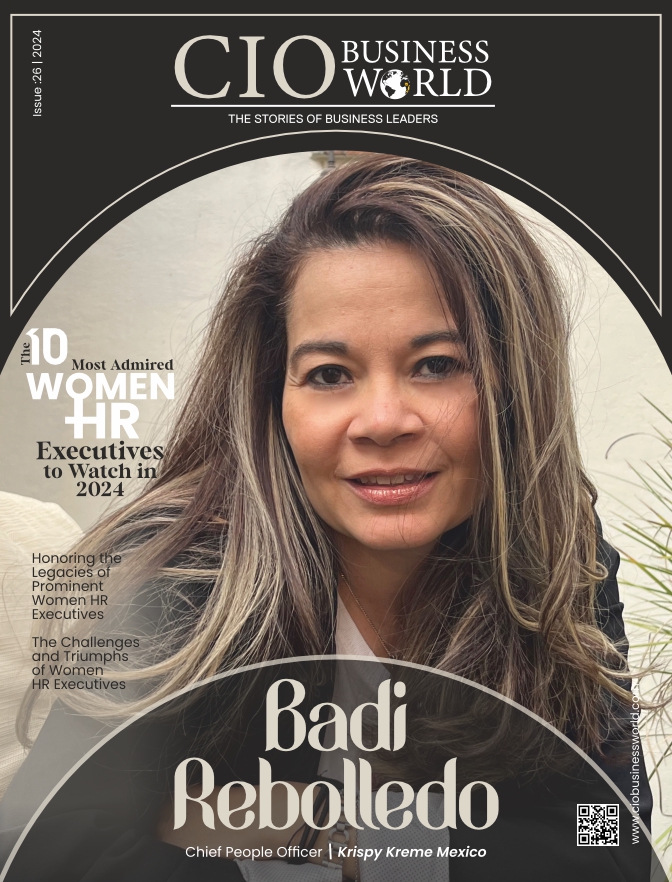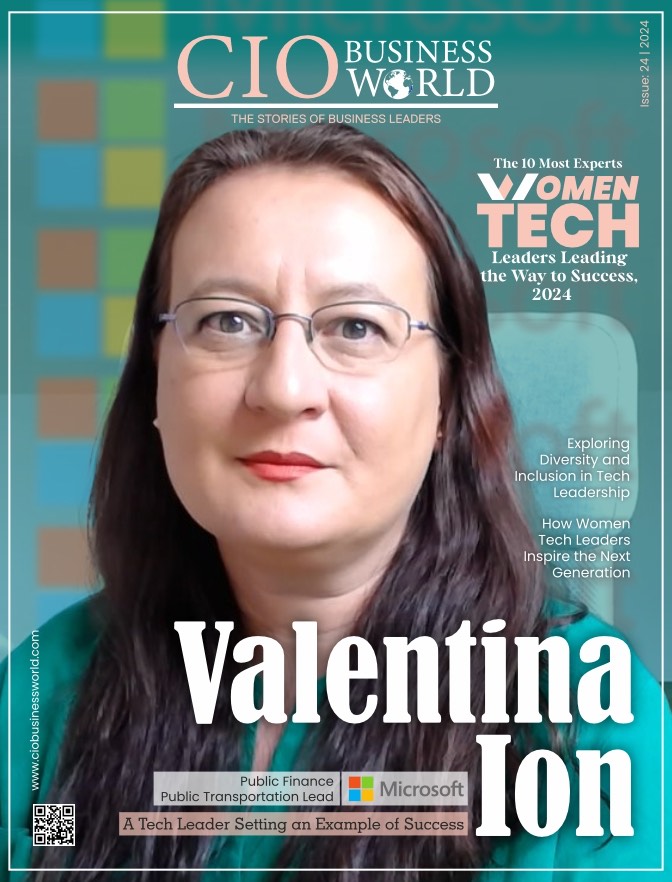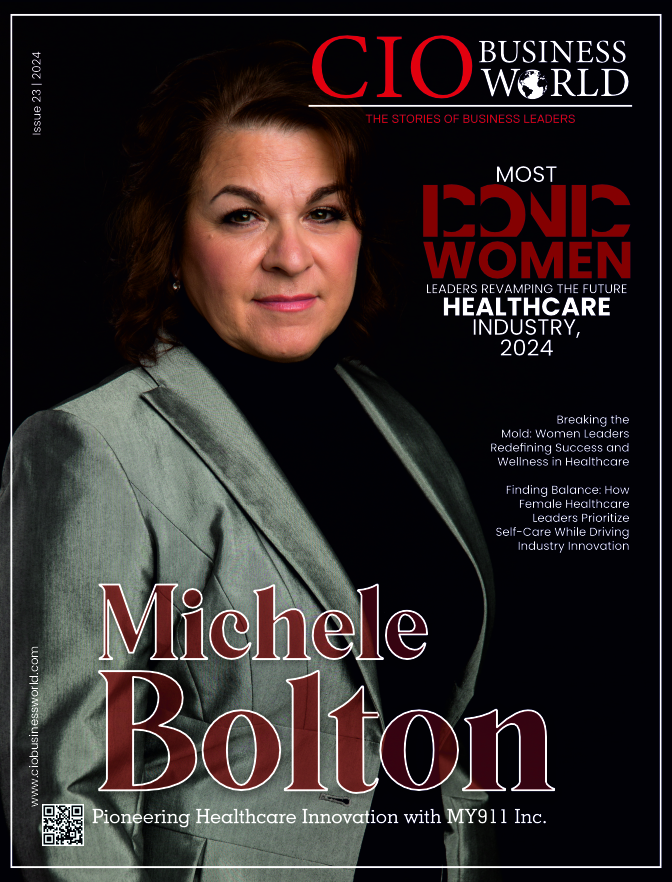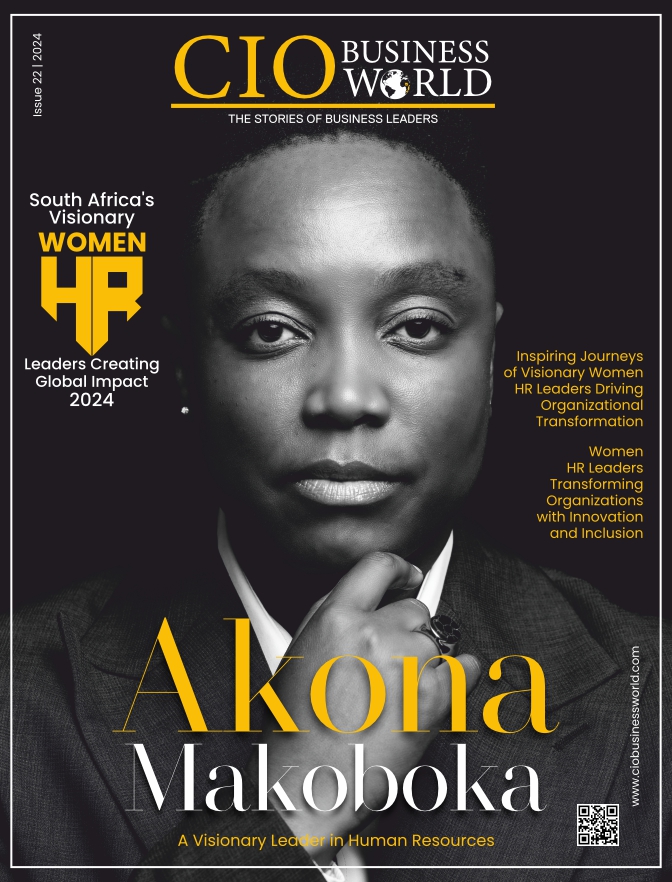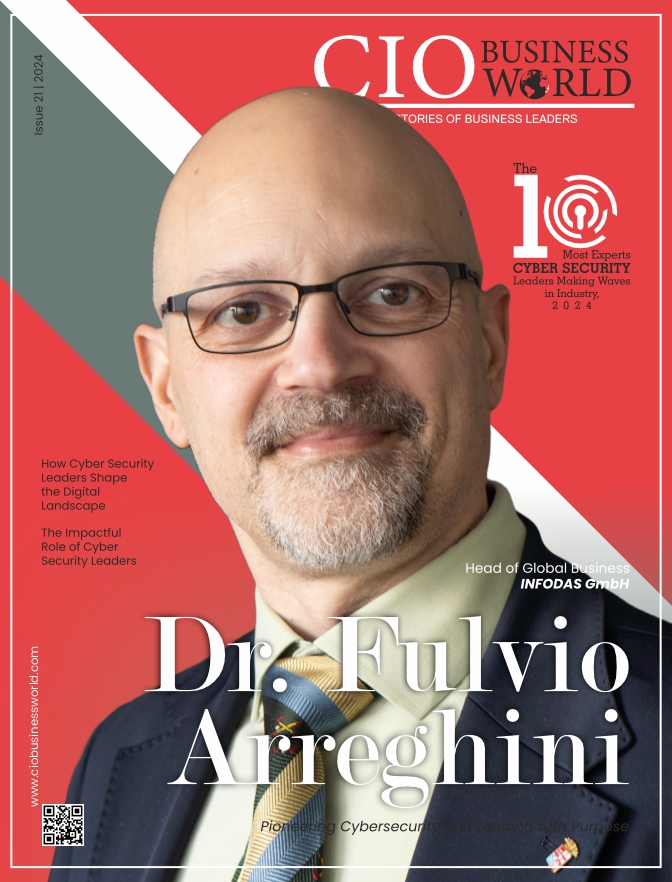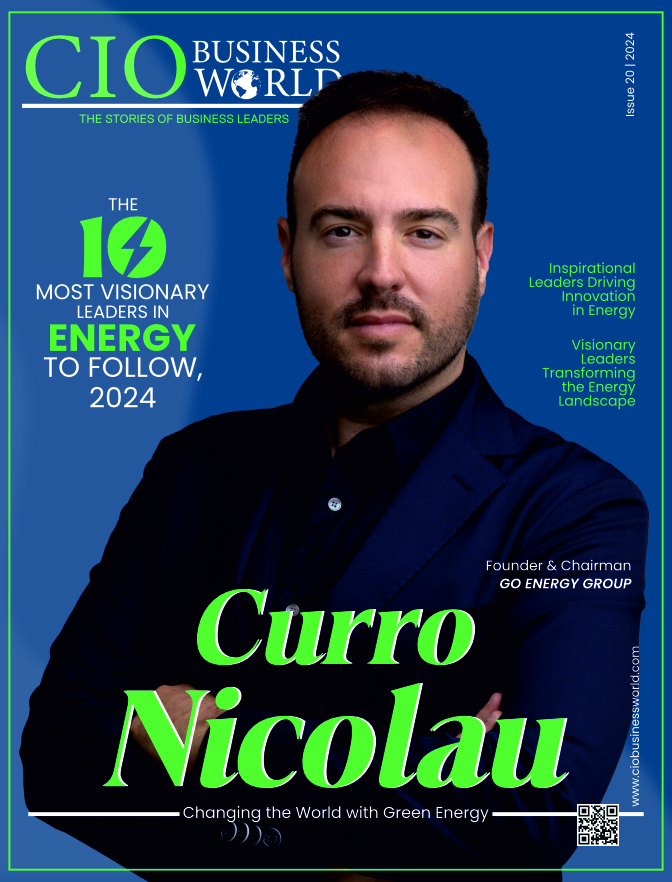Lee Tiedrich is at the forefront of high stakes AI and digital transformation. Working at the intersection of technology, law, and policy formore than three decades, she helps governments and other organizations unlock the benefits of technology and manage risks in a rapidly changing and increasingly regulated and litigious environment. Lee shares her insights on responsible AI, data, and emerging technologies building upon her experience advising companies and her innovative international policy work at AI’s forefront and her university work. Her messages emphasize the global and multi-disciplinary nature of AI, emphasizing the importance of responsible and inclusive practices.
A Journey in Law, AI and Responsible Tech Leadership
In the 1980s, Lee Tiedrich embarked on an academic journey at Duke University, emerging as one of the few women in her class majoring in electrical engineering. After graduating with honors from both Duke and the University of Pennsylvania Law School, she devoted three decades to practicing law. The 22nd woman elected to the partnership of the global law firm Covington & Burling LLP, Lee’s early career focused on navigating clients through the transformative landscapes of cellular technology, the internet, e-commerce and other emerging technologies, eventually leading to her pioneering work in artificial intelligence (AI) and digital transformation.
Following Lee’s distinguished law firm career, she transitioned to Duke’s faculty, where she became a trailblazer in multi-disciplinary responsible AI, data, and emerging tech education. Her work also continued to include law and policy, serving as an expert for OECD.AI and co-chairing vital committees within the Global Partnership on AI (GPAI), including the GPAI Responsible AI Strategy for the Environment (RAISE) Committee and the GPAI Intellectual Property Advisory Committee. She has presented her work in high profile venues in North America, Europe, and Asia. She also advises government, business and other leaders on how to unlock AI’s benefitsand navigate its risks in our complex, regulated, and ever- changing world, showcasing a lifelong commitment to and deep knowledge and experience with advancing responsible technology practices.
Strategies and Solutions in Lee’s Expertise
Lee Tiedrich explains how several strategies and principles inform her work. She underscores the importance of understanding broadly where responsible technology stands today as well as where it is heading. To support her broad vision, Lee draws upon her decades of multi-disciplinary experience as well as her market understanding and her deep engagements with many diverse global stakeholders.
In addition to broad vision, Lee emphasizes the importance of focusing on details. This is vital for addressing complexities and crafting solutions that meet the desired objectives and comply with laws. For example, her pioneering work on AI and data governance is informed by both her mastery of the quickly changing broad AI and data landscape as well as her mastery of the many detailed legal, policy and technical issues underpinning it.
Seasoned creatively and judgment are essential to Lee’s strategies, too. This helps her develop innovative responsible AI solutions designed to optimize benefits and manage risks.
Emphasizing practicality, Lee Tiedrich places a final emphasis on developing concrete solutions that can be implemented and operationalized, recognizing that ideas not translatable to practice can have lessutility. In essence, her approach underscores a commitment to a comprehensive understanding, innovative problem-solving, and the tangible application of responsible technology solutions.
Crafting Agile and Enduring Legal Frameworks for AI in a Global Landscape
Lee Tiedrich explains that developing effective AI legal frameworks presents challenges. On the one hand, the frameworks must endure and increase certainty. On the other hand, the frameworks must be capable of adapting to rapid technological changes. Lee adds that AI legal frameworks should include both binding laws and rules, which tend to be enduring, as well as technical standards, guidance, and other tools, which typically can be adapted more quickly.
To enhance effectiveness, the frameworks should both incentive compliance and have appropriate enforcement mechanisms.Since technology does not stop at borders, Lee emphasizes the importance of fostering international harmonization among countries. Oftentimes, laws vary among countries, and technical standards and other tools can increase harmonization. Multi-lateral efforts and standards bodies have a key role in advancing international harmonization.
Driving Success and Ethical Imperative
Diversity and inclusion can significantly contribute to an organization’s success in many ways. In addition to helping recruit and retain the best talent, diverse teams tend to bring broader perspectives to projects, which often lead to more creative and innovative solutions. When people feel included and valued, they tend to have more loyalty and commitment to the organization, which in turn, can enhance work quality. Recognizing the value of diverse teams,many clients insist on them.
Equally important, organizations should embrace diversity and inclusionbecause it’s the right thing to do. Everyone deserves afair and equal opportunity to grow and excel. It’s simply wrong to deny opportunities to any person based on race, gender, sexual orientation or some other protected characteristic.
Advocating Responsible AI Practices for Inclusive Benefit
Lee has presented her work and engaged in multi- stakeholder conversations on a global scale, with participation in events in Europe, Asia, the Middle East, and North America.
Her experiences underscore one of her fundamental messages – the recognition that AI constitutes a global and multidisciplinary field. These opportunities also provide her with invaluable perspectives on how to unlock AI’s benefits and manage the risks for everyone. Nobody should be left behind, including historically under-represented people.
Many of Lee’s presentations focus on responsibly unlocking the benefits and mitigating the risks of AI and data. AI holds tremendous potential to advance social good, including helping address climate change, which is part of Lee’s GPAI work, healthcare and helping achieve the UN Sustainable Development Goals. AI can also advance global security and prosperity. However, Lee stresses that all of this must be done in a way that protects individuals and issafe, fair and equitable. Some of Lee’s talks focus on strategies for achieving these objectives, both at a policy level and within individual organizations.
Lee also frequently presents on other topics, including AI and climate, AI and intellectual property, AI and privacy, as well as strategies for enhancing responsible AI data and model sharing. These presentations often draw on work her with OECD AI and GPAI.
Helping Boards Manage Technology, Governance, Sustainability, and DEI
In her legal practice, Lee gained expertise advising corporate and non-profit boards. She also has served on boards. Looking ahead, Lee hopes to be appointed to more boards, and her experience positions her well for these roles. Boards have increasing responsibilities to oversee technology matters. Lee brings tremendous expertise in this area, as well as in governance, sustainability, and diversity.
Navigating the Challenges and Opportunities
The intersection of AI and global governance presents both challenges and opportunities. At the policy level, countries are actively developing frameworks to unlock AI benefits while managing associated risks. Multilateral organizations like the UN, G7, OECD, GPAI, NATO, among others, are striving to foster greater international regulatory harmonization recognizing the borderless nature of technology.
Another challenge rests in developing standards, guidance, and tools to operationalize the AI laws and policies in practice. Organizations also face challenges implementing new AI laws and policies within their operations, as well as keeping pace with the many technical, legal, business and other changes.
Addressing these challenges necessitates multi-disciplinary collaboration and solutions, both globally and within organizations. It’s also critical to factor in views ofhistorically under-represented groups to ensure that everyone benefits from AI and is protectedagainst risks. Given AI’s fast paced, global and multi-disciplinarynature, opportunities exist for everyone to participate.
Guidance on Passion and Persistence
Lee Tiedrich advises women science and technology leaders to discover their passion and build their expertise around it. There are myriad AI issues demanding attention. People tend to enjoy their work and succeed more when they focus on topics they care about. People should set goals, but not get discouraged if they don’t always achieve them.Persistence pays, and everyone can learn from mistakes.
Women also should invest in themselves. This includes pursuing opportunities to enhance their AI knowledge, experience and profile. Networking also is important, including to cultivate mentors and sponsors who can introduce women to exciting opportunities. Networking can also lead to new clients, customers, or other business arrangements.
Pioneering Women in Technology
Lee draws inspiration from the many women leaders across technology, law, policy, economics, business, social sciences, and other disciplines, already shaping the future of AI and technology. She’s equally excited by the large number of talented women students and young professionals who want to make their mark in this field. She foresees talented women across generations helping make the technology industry more inclusive for everyone and enhancing responsible innovation.
Read Full Magazine – The 10 Most Visionary Women Leaders in AI Creating Global Impact, 2024

